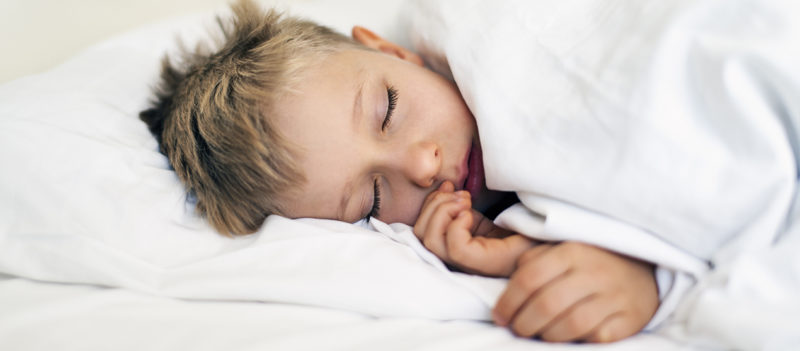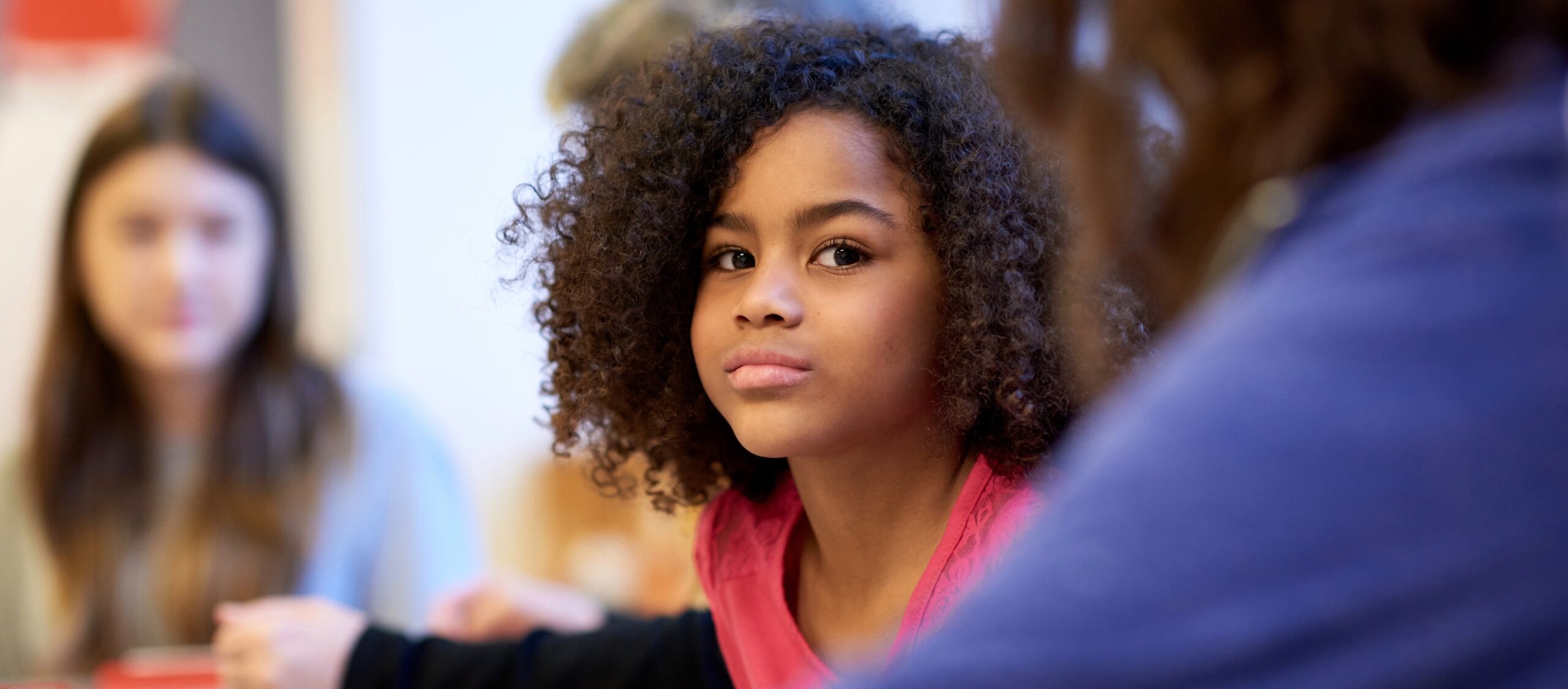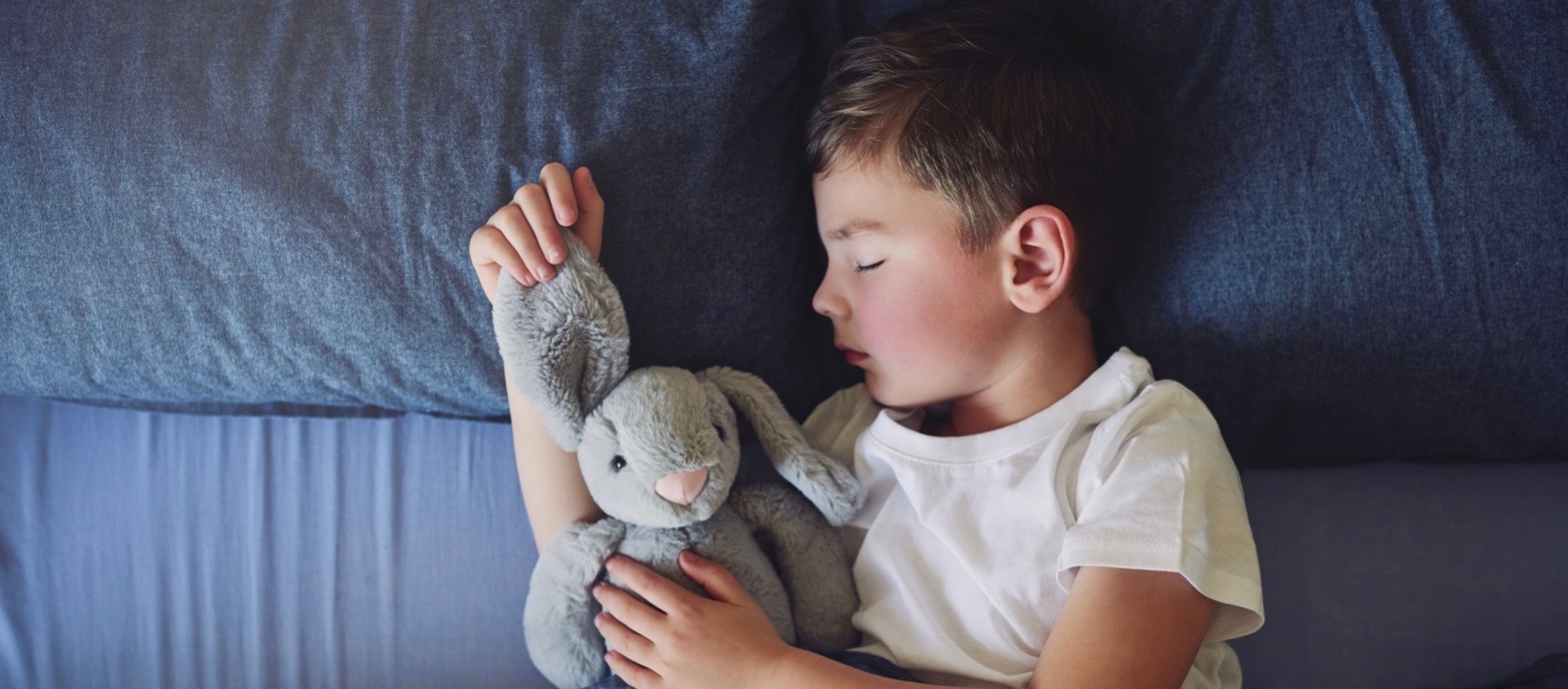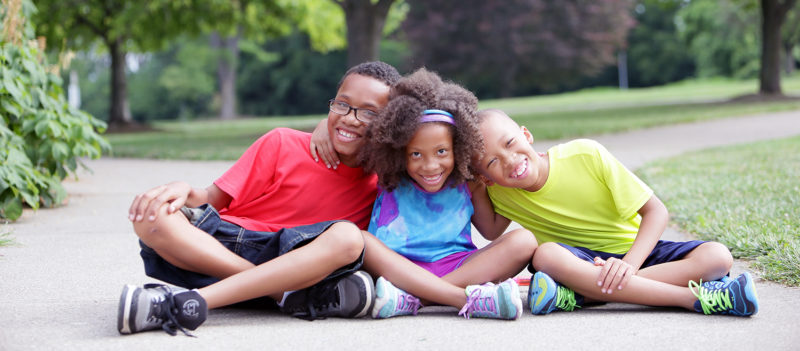Bedwetting can be stressful and frustrating for the entire family. Parents may get discouraged when new treatments fail. And children often feel guilty, anxious and helpless when they are unable to stay dry at night. Further, they often have significantly lower self-esteem than kids who do not wet the bed.
When families arrive at our Healthy Bladder Clinic, they have had many sleepless nights and are looking for answers to help relieve that stress and frustration. The good news is that strategies exist to help children both physically and emotionally. One of our goals, on top of helping families to resolve their bedwetting issues, is to reassure them that this is a common problem in childhood.
To do this, I think it’s important to first address some myths about the condition:
4 MYTHS OF BEDWETTING
Myth #1: Bedwetting is rare.
On the contrary, bedwetting is a common childhood complaint that affects 5-10% of children between the ages of 5-7 years old. Children of all races, economic levels, and types of families wet the bed. In our clinic, we see about 1,000 children per year. We explain that if one parent wet the bed as a child, their child is 45% more likely to do so. Likewise, if both parents have a history of bedwetting, their children are 80-90% likely to have the same problem.
Myth #2: Children who wet the bed are lazy.
This is simply not true. Children who wet the bed are not too lazy to get out of bed at night. Some children who wet the bed are very sound sleepers. However, sound sleeping is typically not the only cause of bedwetting. It could be that your child’s bladder may not be able to handle the volume of urine that is produced while sleeping.
Myth #3: Stress and/or emotional problems cause bedwetting.
Stress often happens at the same time as bedwetting, but is not the cause. Research has shown that stressful situations can make the problem worse when it already exists. However, please keep in mind that there are many children living relatively stress-free lives that still experience bedwetting.
While stress does not cause bedwetting, bedwetting can most certainly cause stress. Children who wet the bed struggle with self-confidence and may avoid certain social gatherings, like sleepovers. Increased laundry, soiled mattresses and feelings of isolation can contribute to family tension. Understandably, adolescents can struggle with self-confidence issues the most. The good news is that the psycho-emotional effects of bedwetting improve with treatment.
Bedwetting is most likely a genetic problem and runs in families. The other potential causes of it include urinary tract infections, constipation, diabetes, sleep apnea, kidney disease and sickle cell. A pediatric urologist can work with you to help rule out another medical reason your child may be wetting the bed.
Myth #4: Children won’t outgrow it on their own.
We don’t know when your child will outgrow bedwetting, but nearly every child will. In fact, in 99% of kids, it will resolve. Only 1% of children who wet the bed will do so in adulthood. Our Healthy Bladder Clinic can help speed this process up with individualized treatments.
HELPING KIDS COPE EMOTIONALLY
As parents, you have the opportunity to help shape how your children feel about themselves. I recommend families help their children cope by being accepting of it. Explain that many other kids their age have the same problems. What happens at night is out of their control. Children can benefit from reminders to focus on the things that they can control, such as: following their treatment plan, taking medications, and cleaning up in the morning. These additional tips for helping your child overcome bedwetting may help.
WHEN TO SEEK HELP
We think that the best time for families to seek help for bedwetting is when it bothers your child. Often this happens when children want to attend social events like sleepovers. Your child will be most successful with a treatment plan if he or she is an active and willing participant. Similarly, if the bedwetting happens after your child has been dry for several years that can be a concern as well. Or, if your child is wetting the bed along with other complaints, like pain with urination, daytime wetting and bladder infections. We recommend contacting your child’s main doctor first, and he or she may suggest a referral to a pediatric urologist.
To learn more about our Healthy Bladder Clinic, or to schedule an appointment, please call 513-636-4975.






Great information about bedwetting. it’s really helpful for the reader.